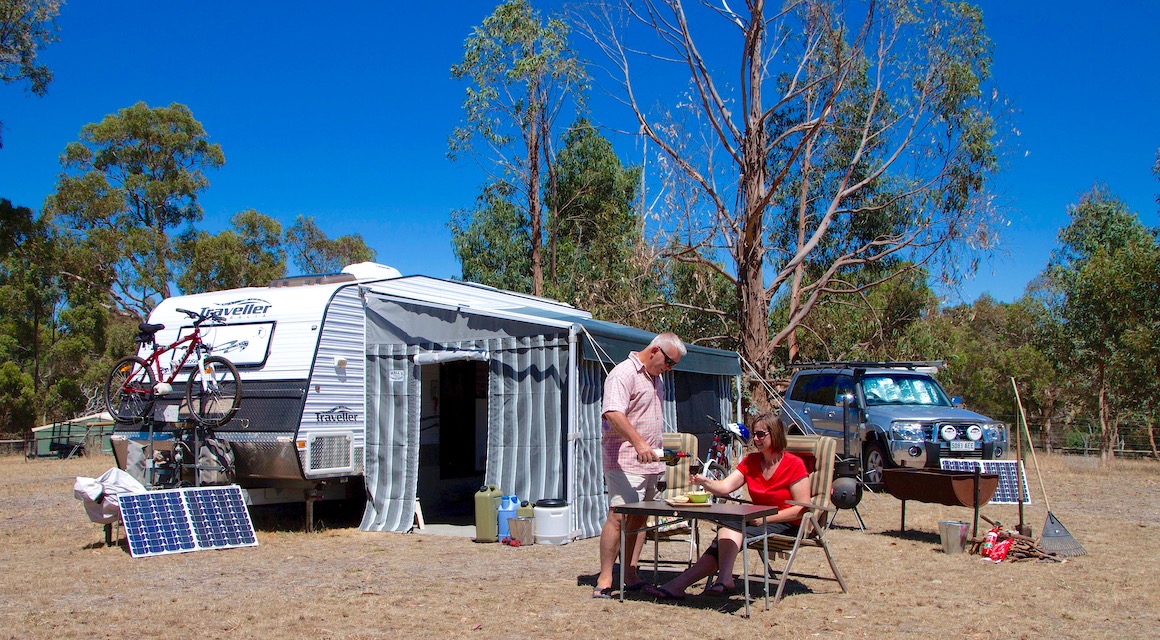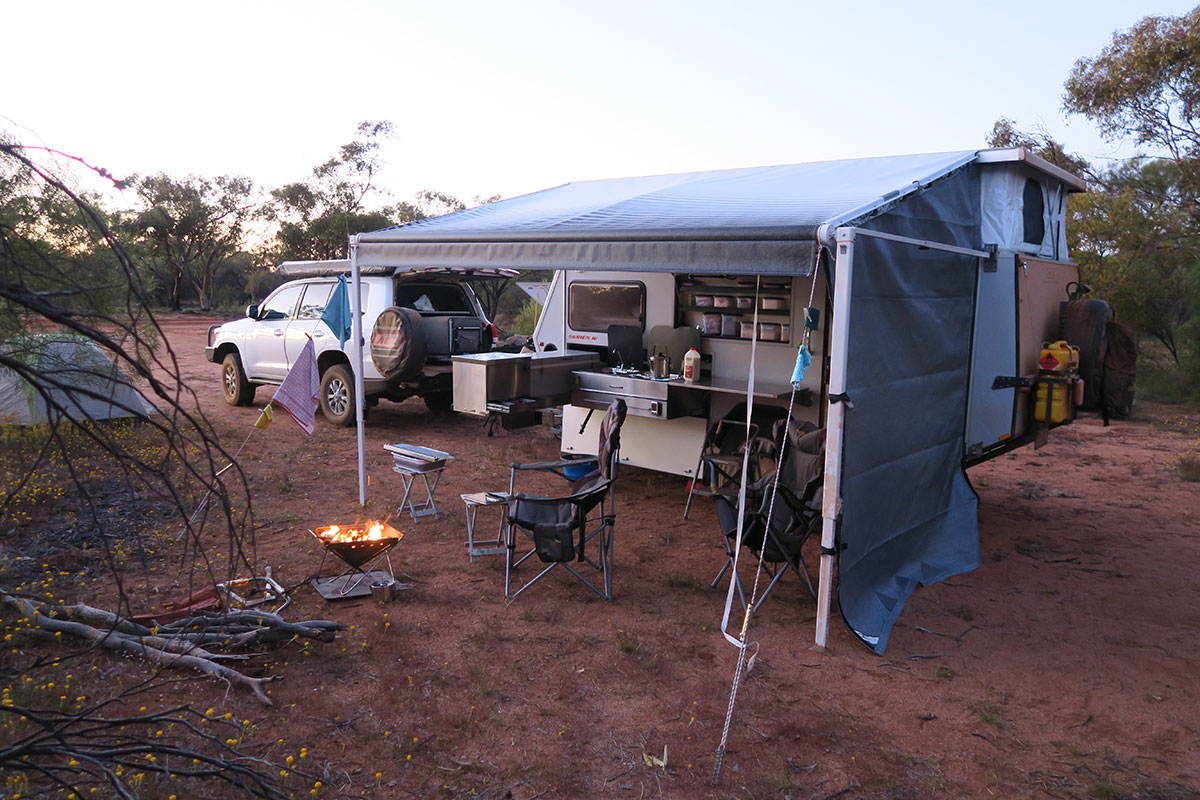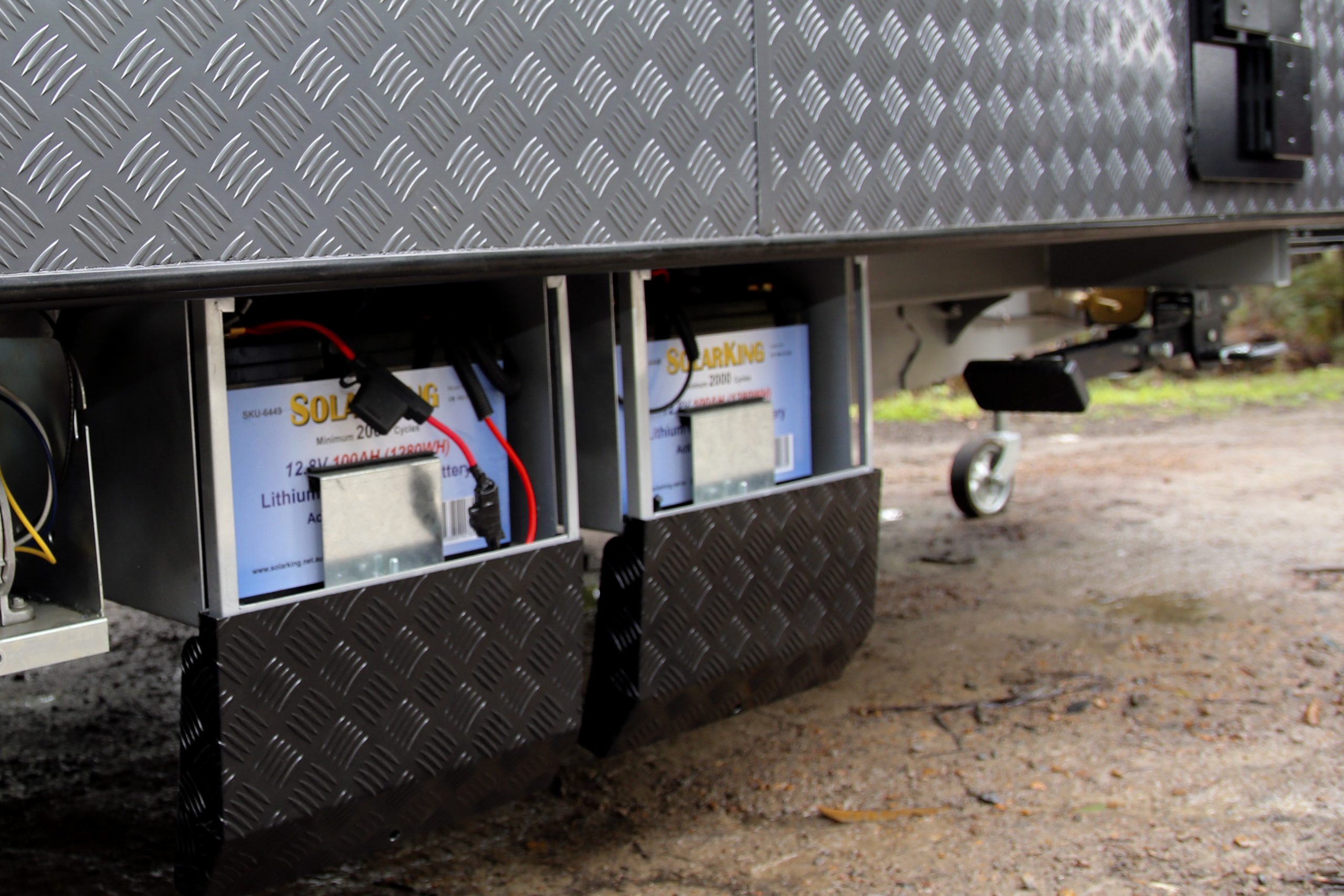The ever-increasing popularity of the RV lifestyle continues to see more of us hitting the road. There may come a time where you’d like to find extend your stay in a particular spot. With that in mind, here are some tips to help you camp for longer…
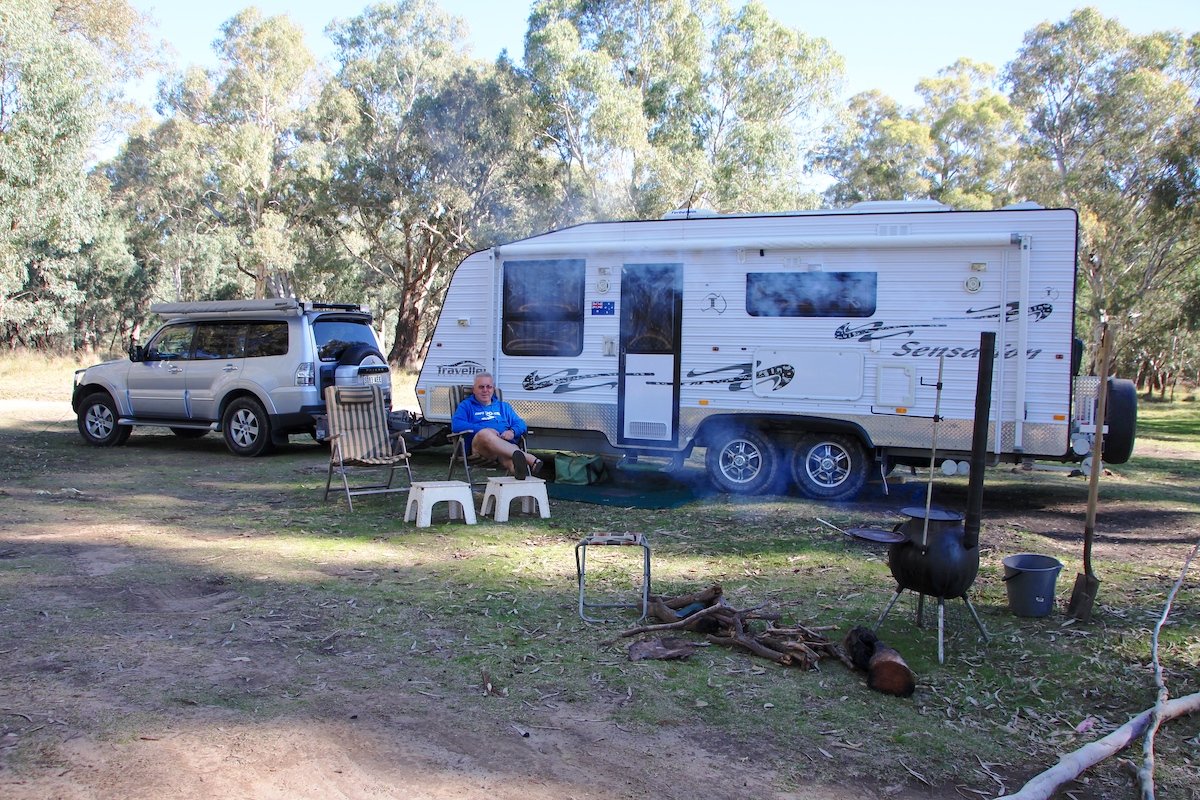
CARAVAN PARKS
Most caravan parks accommodate long-term stays. If you’ve previously found a top spot in a park and aim to return, you’ll have a much better chance of getting back in by booking well in advance. This is pretty well mandatory if you’re travelling in a convoy and looking for multiple adjacent sites.
It’s also not surprising to find popular locations have loyal visitors that book 12 months (or more) in advance to secure that perfect site.
The cost of staying can vary between parks and is generally based on length of stay and your type of setup.
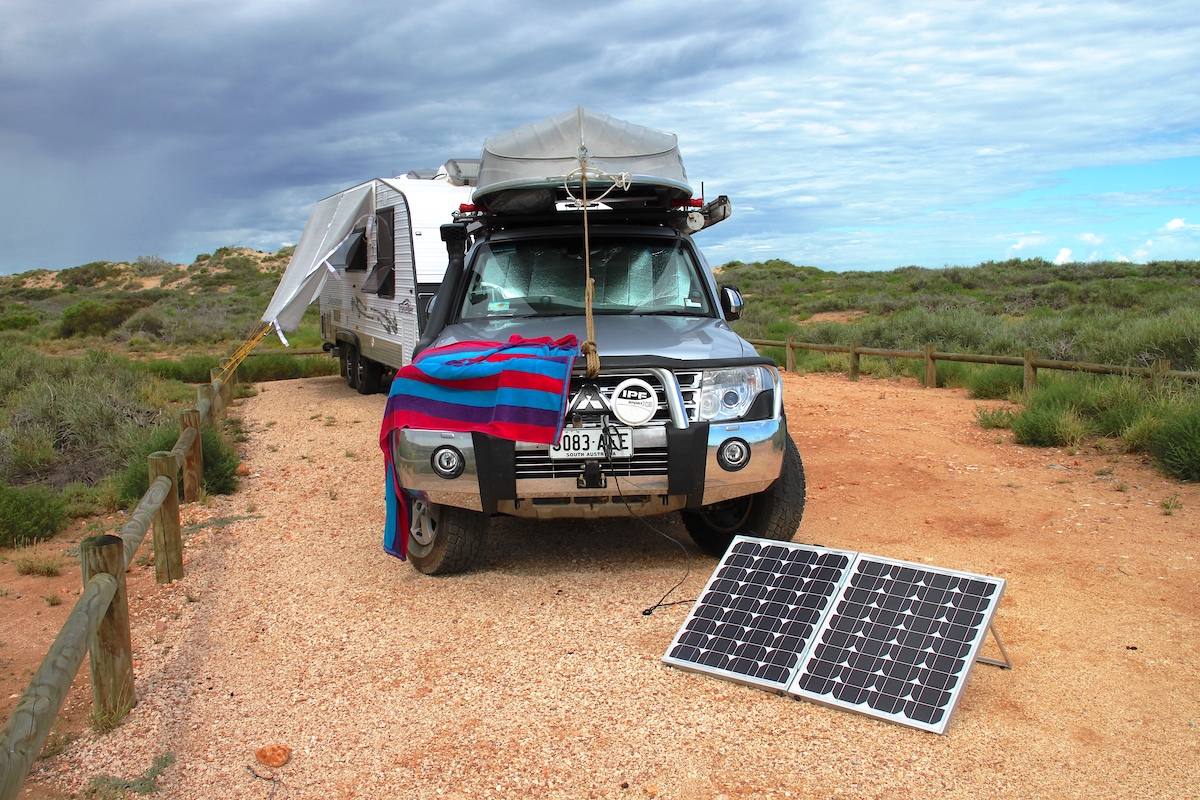
FARM STAYS
This option can be excellent for long-term camping. Besides having grown in popularity during the past few years, farm stays vary in what they offer and how they operate.
Some allow camping, but RVers need to be entirely self-sufficient, whereas others offer camping and basic amenities.
The opportunity for travellers to work at some of these farm stays can also be a drawcard. You might find free site accommodation and amenities is offered if you can spare a few hours each day to help around the place.
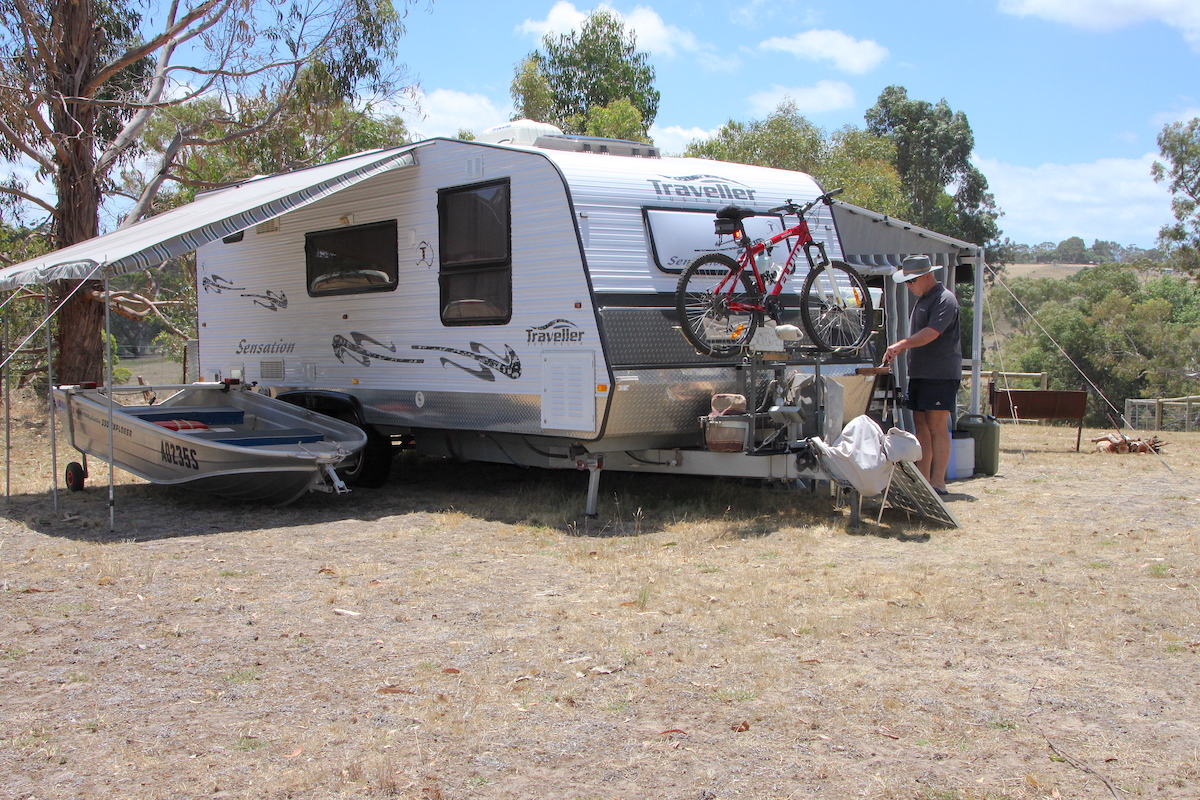
REMOTE FREEDOM CAMPING
Free campsites offer by far the most popular style of long-term camping, as they’re a perfect way to stretch your holiday budget further. With this type being the most popular, we’ll spend some time exploring this option.
You’ve probably heard ‘be prepared’ many times. But what is it you need to be prepared for to be able to free-camp long-term?
Water: Everyone has different needs, so work out how much water you’ll be using on a daily basis. Calculate your average daily use in two categories: drinking/cooking, and the rest, which incorporates bathing, general washing, and occasional clothes washing. Divide these answers by your on-board storage/carrying capacity to give you the maximum time you can stay (unless you have a method of collecting water from somewhere).
Food: This comes down to personal choice. You can carry a range of food that doesn’t require refrigeration, such as food supplied in pre-packed sealed bags. Other options include canned products and dry ingredients that can be baked into meals.
Using a daily meal planner to calculate the right quantity of food for the number of days you’ll be staying will help. Remember to consider the extra weight being carried.
The less you need to rely on refrigeration for longer stays, the better. Foods designed for long-term storage are ideal for this. You can vary your choices by using canned meals, vacuum-sealed products, dry packaged foods, and ingredients that can be cooked in camp ovens.
Power: It will come as no surprise to find your power needs are determined by what you’ll be doing and what you’ll be using. If you consistently need to run appliances on 240V, you may need a generator and fuel (provided there are no restrictions where you’re staying). Alternatives such as 12V power, batteries, solar panels, MPPT regulators, and DC-DC chargers will go a long way towards satisfying your needs. You’ll also need to spend some time monitoring and calculating your power needs and usage, so it’s wise to have some on-board diagnostics or a multimeter at the very least.
Gas: Most RVs come with a gas supply – it’s the storage quantity that varies. Gas is economical if it’s used wisely and can go a long way when used for cooking and heating water. Use wood for a small campfire or a combustion-style cooker to extend your stay if possible.
Refrigeration: You need to keep things cold, and this process uses a lot of energy. You can increase the efficiency of your fridge by keeping it well packed, cool and well ventilated, and opening it as little as possible. Reduce energy draw by watching temps and adjusting thermostats overnight.
Location: Is phone coverage available? Will you be camping close to water? Can you have a fire, and if so, are there any restrictions?
Study the environment before setting up. Know where the sun sets and rises because this could affect your solar input. Lessen the risk of being caught in a flood by not parking in a valley or watercourse and stay clear of large trees that can drop branches.
Pests/insects: Be on the lookout for ants, wasps, bees, and any other pests. Have a plan to manage them or be prepared to relocate.
Emergency planning: Have multiple back-up plans as you never know when they’ll be needed. Consider health issues and medications, and keep a well-stocked first aid kit.
Daily checks: Perform a daily check on all essentials like water and gas levels to ensure things are going to plan. Also check that your vehicle will start and the battery is charged. Check the area around your RV by doing a quick walk-around and keep your site clear and tidy.
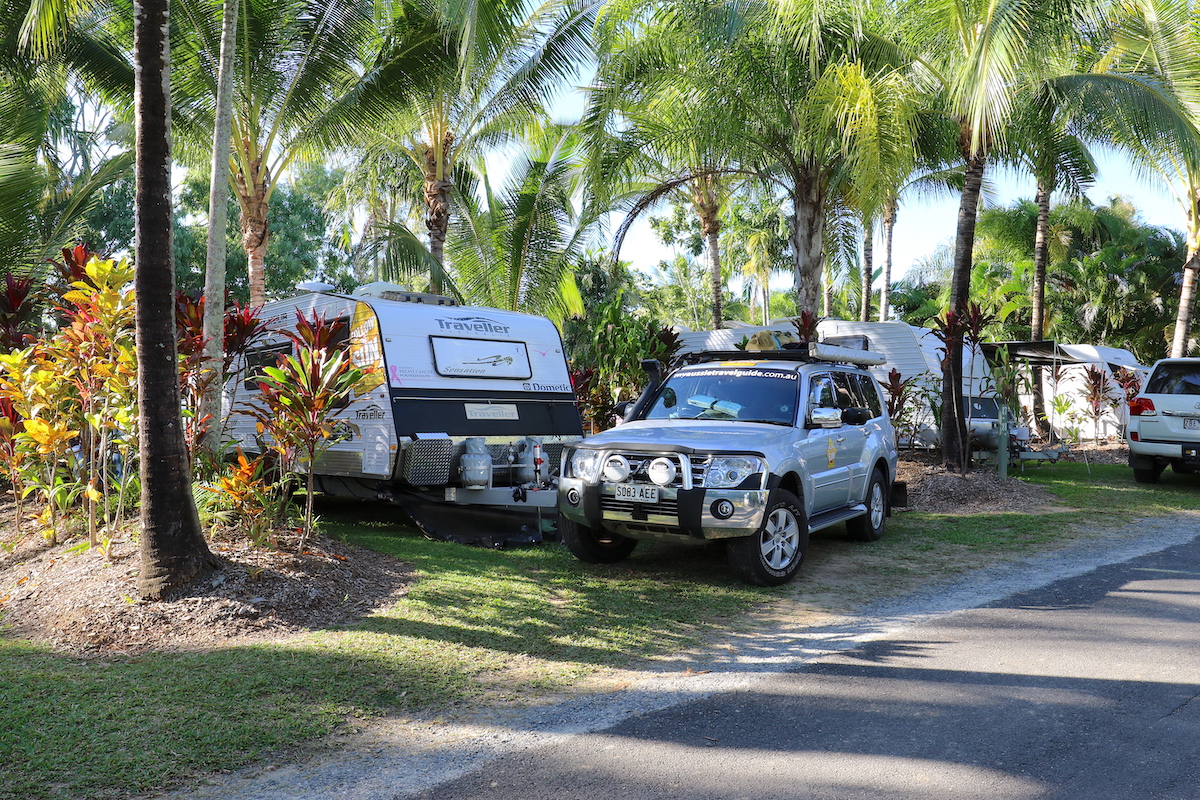
MEET THE AUTHOR

Max Taylor
Max Taylor has been caravanning since he was a kid and was the editor of some of Australia’s most well-known RV publications for almost 10 years.

